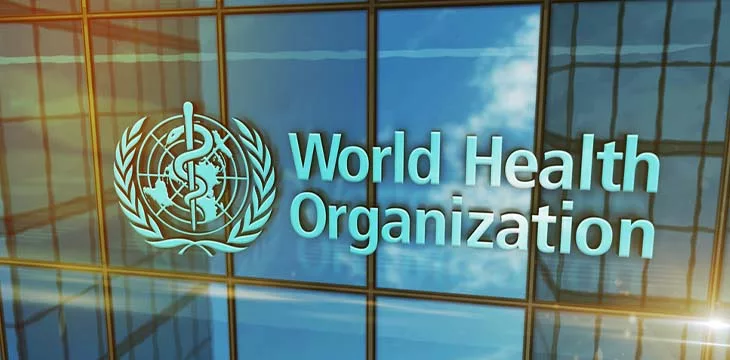|
Getting your Trinity Audio player ready...
|
Barely three months after ringing the alarm over the threat of artificial intelligence (AI), the World Health Organization (WHO) has rolled out a generative AI tool to provide global support for public health.
The Smart AI Resource Assistant for Health (S.A.R.A.H.) is WHO’s latest AI tool, designed to provide users with information about diseases, prevention, and treatment. The chatbot’s functionalities extend to mental health topics while providing concise information on leading killers like cancers, diabetes, and heart conditions.
In an official statement, S.A.R.A.H. supports eight global languages and can be accessed from any device via the Internet. With 24/7 uptime and “enhanced empathetic response,” the United Nations (UN) agency says S.A.R.A.H. will be key in assisting the WHO achieve its goals.
WHO seeks to promote greater levels of interaction with its latest generative AI offering. Platform users can ask questions via text inputs, with S.A.R.A.H. providing nuanced responses akin to human interactions.
The platform achieves its human-like responses by leaning on large language models
(LLMs) rather than relying on pre-set algorithms. Medical technology firm Soul Machines Biological AI provides the underlying architecture for S.A.R.A.H., with WHO pledging to make steady improvements to the offering.
“The future of health is digital, and supporting countries to harness the power of digital technologies for health is a priority for WHO,” said WHO Director General Dr. Tedros Adhanom Ghebreyesus. “S.A.R.A.H. gives us a glimpse of how artificial intelligence could be used in the future to improve access to health information in a more interactive way.”
In 2020, WHO released an earlier version of the offering dubbed Florence to assist in providing information surrounding the COVID-19 pandemic.
Despite its reliance on AI tools, WHO continues to eye the technology with skepticism, urging regulators to roll out tighter regulatory frameworks.
“Governments from all countries must cooperatively lead efforts to effectively regulate the development and use of AI technologies, such as LMMs,” Dr. Alain Labrique, WHO Director for Digital Health and Innovation in the Science Division, remarked.
UN’s clinch on emerging technologies
To mitigate the dangers posed by AI, the UN has launched an advisory body to harness AI for good, comprising ethics and technology experts. In mid-March, the U.S. confirmed that it had opened high-level talks with UN member states to pursue the safe development and deployment of AI models.
Alongside its initiatives with AI, the UN is embracing blockchain technology to improve aid delivery and provide third-world citizens with digital skills. Up to 22,000 employees of the United Nations Development Programme (UNDP) are poised to receive blockchain training
revolving around financial applications, digital identities, and tokenization.
In order for artificial intelligence (AI) to work right within the law and thrive in the face of growing challenges, it needs to integrate an enterprise blockchain system that ensures data input quality and ownership—allowing it to keep data safe while also guaranteeing the immutability of data. Check out CoinGeek’s coverage on this emerging tech to learn more why Enterprise blockchain will be the backbone of AI.
Watch: Mark Thiele—Ownership of healthcare data is crucial

 02-23-2026
02-23-2026 




